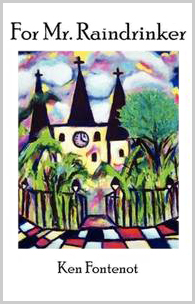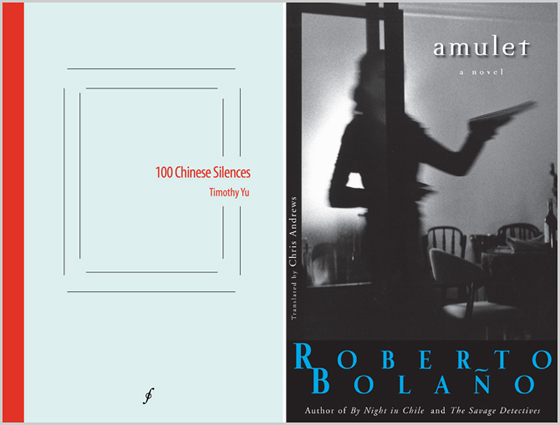Taylor recommends Incorrect Merciful Impulses by Camille Rankine:
I don’t know what’s already been said about this book, but considering the impression it’s left on me I would assume a lot of people have said a lot of terrific things… like ::: there’s such a warm atmosphere to this collection… elegant, dazzling, charming, tender, fearless… incredible control and craft, what lovely enjambment… an instant classic… I just couldn’t put it down… and really, it has become a book that I reread often. So many of the poems leave me slightly breathless, so many of the lines make me touch my hand to my heart. This book makes me feel less alone and/or ok in my sadness or optimism.
So what are we really looking at here? Just another book of poems in three parts from Copper Canyon. Just amazing cover art from Januz Miralles. Just a terrific title for a book of poems with terrific titles… I mean “Incorrect Merciful Impulses,” “Dear Enemy,” “Always Bring Flowers,” “Symptoms of Home”… yeah this book is solid and it hits on a lot of registers, like what it means to be alive right now and how we interact with history, which is sort of to say how we interact with death and those who have died and how sometimes we have to use metaphors because the pain of saying what we need is so great and how sometimes we must confront the sources of our pain directly and how sometimes we just need to feel human.
Even though each of these poems stands alone like a treasure chest of visceral images, snappy line breaks, effortless rhythm, inventive phrases and subverted cliches, the entire collection coalesces around revisitations of the sea, the sun, symptoms, fire, love and family. Not many books of poetry are for everybody, but this one is. I can’t wait for you to read it.

 Austin-based
Austin-based 

